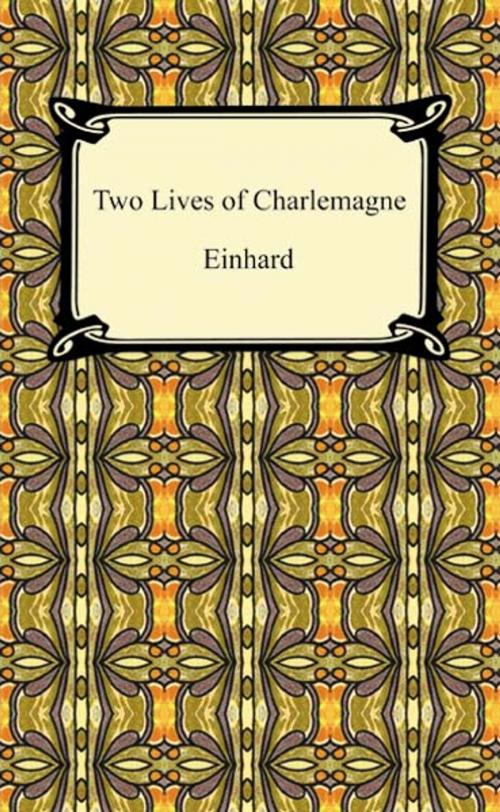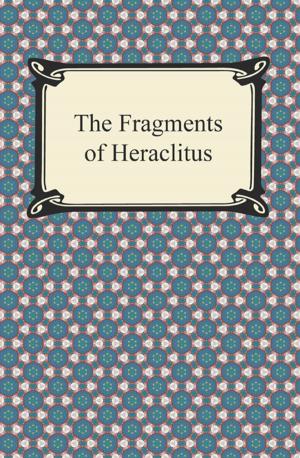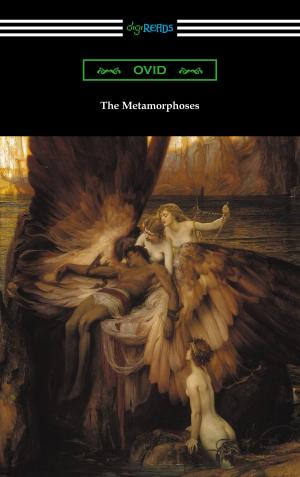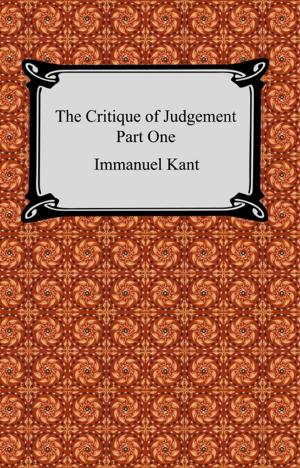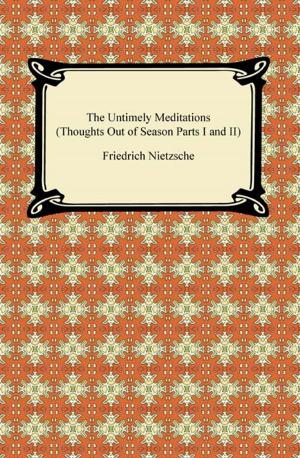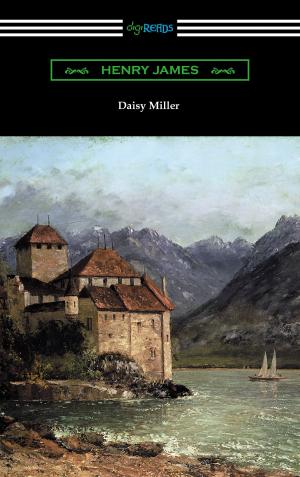| Author: | Einhard | ISBN: | 9781420939842 |
| Publisher: | Neeland Media LLC | Publication: | January 1, 2012 |
| Imprint: | Digireads.com Publishing | Language: | English |
| Author: | Einhard |
| ISBN: | 9781420939842 |
| Publisher: | Neeland Media LLC |
| Publication: | January 1, 2012 |
| Imprint: | Digireads.com Publishing |
| Language: | English |
This work contains two separate biographical accounts of Charlemagne, or Charles the Great, the man considered to be the father of Europe. One account was penned by the French, medieval biographer, Einhard, who in 791 joined the royal court to serve as an epic poet, grammarian, mathematician and architect, and ultimately a confidante to the King. Einhard's work is believed to be the most accurate portrayal of Charlemagne, and perhaps more importantly, as the finest biography of its time. This edition also contains the highly anecdotal "life" of Charlemagne, penned by the Monk of Saint Gall, who is now commonly believed to be Notker the Stammerer. This monk, a native-German speaker, wrote the volume at the request of Charles the Fat, great-grandson of Charlemagne. Although its accuracy has been scorned by historians, several of the monk's amusing and witty tales have been revived in modern biographies of this powerful monarch.
This work contains two separate biographical accounts of Charlemagne, or Charles the Great, the man considered to be the father of Europe. One account was penned by the French, medieval biographer, Einhard, who in 791 joined the royal court to serve as an epic poet, grammarian, mathematician and architect, and ultimately a confidante to the King. Einhard's work is believed to be the most accurate portrayal of Charlemagne, and perhaps more importantly, as the finest biography of its time. This edition also contains the highly anecdotal "life" of Charlemagne, penned by the Monk of Saint Gall, who is now commonly believed to be Notker the Stammerer. This monk, a native-German speaker, wrote the volume at the request of Charles the Fat, great-grandson of Charlemagne. Although its accuracy has been scorned by historians, several of the monk's amusing and witty tales have been revived in modern biographies of this powerful monarch.
